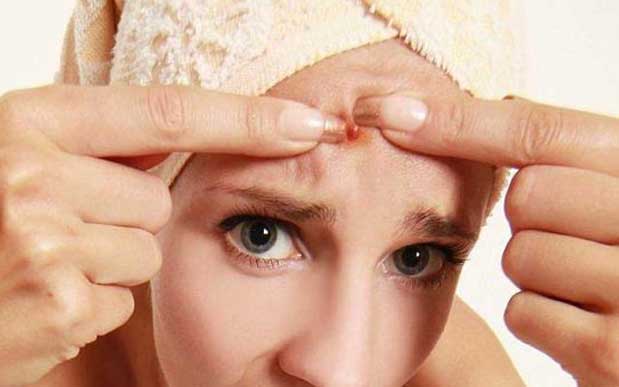
Acne sufferers likely to live longer than people with flawless skin
Nobody wants to have skin dotted with acne, but findings of a new study suggest there could be some advantages to having spotty skin. Researchers have found that teens who suffer from acne are likely to live longer compared with their peers who appear to have flawless skin.
Researchers of the study published in the Journal of Investigative Dermatology found that the cells of people who suffer from acne are less vulnerable to aging, which makes it likely that they will live longer and even look better than their peers later in life.
Simone Ribero, from King′s College London, said that dermatologists have long identified that the skin of those with acne problems appears to age more slowly compared with those who have not suffered from acne in their lifetime.
Experts have also noted that the signs of aging, such as the thinning of the skin and wrinkles, tend to appear much later among acne sufferers. Now, the new study, which involved 1,205 female twins, a quarter of whom had acne, revealed the reason why.
For their research, Ribero and colleagues analyzed the participants′ white blood cells and found that those who suffered from acne tend to have longer telomeres.
Telomeres are caps at the end of each strand of the DNA that protect the chromosomes from deterioration. Telomeres are an essential part of the human cell that affects aging. They become shorter with age. People who have long telomeres tend to age more slowly compared with those who have short ones.
Scientists are in fact conducting studies on extending the length of telomeres, which could potentially lead to treatments for age-related and even genetic health conditions.
The new research shows that acne sufferers may live longer because they tend to have longer telomeres. Earlier studies also found that women who have more children tend to have longer telomeres than mothers who have fewer kids.
"The cause could be linked to the length of telomeres which appears to be different in acne sufferers and means their cells may be protected against aging," Ribero said.
Researchers also found that one of the genes involved in the length of telomeres was associated with acne. Skin samples taken from the twins also revealed a gene pathway known as P53, which plays a role in apoptosis, a form of cell suicide.
Telomeres that have become too short set off a chain of activities that lead to apoptosis. Researchers found the P53 pathway is less active among acne sufferers, albeit this is still being investigated.
About 17 million people in the United States have acne. Almost 85 percent of individuals between 18 and 24 years old develop acne.
Related News
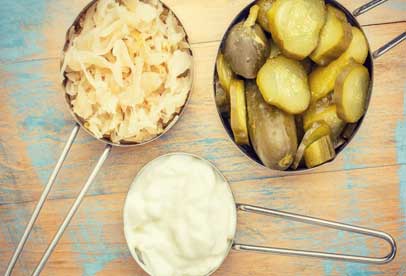
7 Must-Eat Fermented Foods for a Healthy Gut

Smoking and sight loss warning
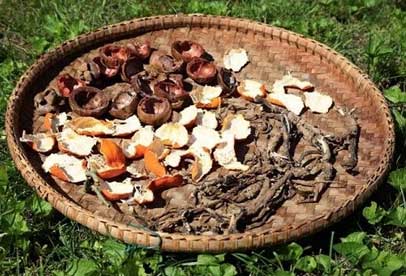
5 Ways to Dry Herbs

The tangy taste of Banaras
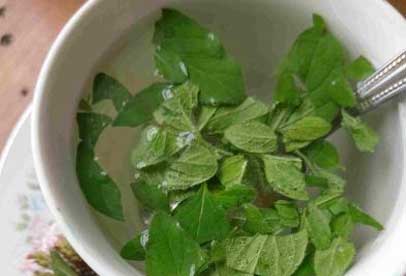
Combat the Cold with Fresh Oregano Tea

Looking towards India for design
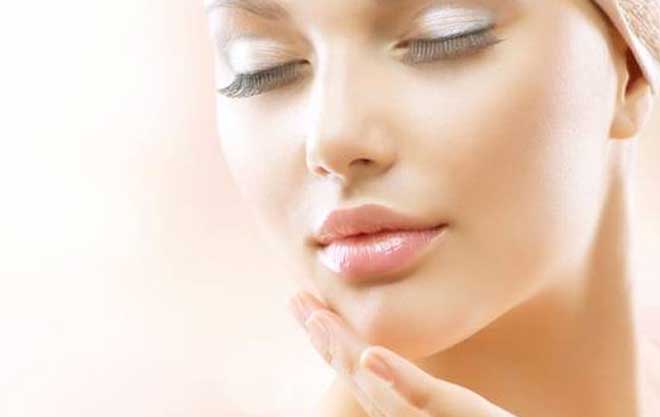
Top 10 Unknown Beauty Tips and Tricks

15 Best Heart-Healthy Foods
Most Read
★Research reveals surprising health benefits of chewing your food
★Mans lips exploded after he became 'addicted' to fillers
★How to prevent peanut allergies in children?
★Vitamin reverses aging in organs and muscles
★Daylight Savings Time: That miserable time of year when many mourn loss of one-hour sleep
★Try these 4 simple yoga asanas to gain weight
★10 Most Effective Weight Loss Exercises For Torching Fat
★5 Skincare resolutions for 2019 that you must keep
★Brain health food guide for older adults
★15 Best Heart-Healthy Foods
★Flex Your Memory Muscle
★Expert reveals the snacks you should eat, according to your body type
★7 Filling Foods to Keep Belly Fat at Bay
★The tangy taste of Banaras
★Scientists found effective dandruff treatment
★How to Gain Weight in 7 Days to Get Rid of the Skinny You
★7 Healthy Hacks for Your Pumpkin Spice Latte
★The Key to Healthy Aging
★How your make-up bag could wreck your health
★8 Best Foods to Eat for Weight Loss
★This is how many calories your tea and coffee habit is adding to your diet EVERY DAY
★How to Make Elderberry Syrup
★Soda, pizza and salty food up liver disease in kids: Study
★Face Open Pores
★Why You Need to Start Combining Avocados and Peaches
★Top 5 foods for glowing skin
★6 Fantastic Yoga Asanas That Will Help You Fight Skin Problems
★Best and Worst Drinks for Weight Loss
★Do you want to be paid for sleeping well at night?
★Top 10 Fruits To Eat To Lose Weight Quickly
★This One Exercise Helps You Become a Better Runner
★Top 10 Homemade Fruit Packs for Glowing Skin
★Haryana girl Nishtha Dudeja wins Miss Deaf Asia 2018 crown
★The best effective and natural plants for a good memory
★Medication Management Tips
★Stop Lusting For a Radiant Skin Possess it with the Help of Super Foods
★8 Time-Saving Meal Prep Ideas Nutritionists Actually Use
★Education can boost men?s chances of online dating
★Numerous health benefits of bitter melon (uses , side effects)
★5 Effective Baba Ramdev Yoga Asanas To Increase Height
★10 questions about laser hair removal
★Dairy and vitamin D supplements protect against bone loss
★Healthy eating
★Why and how exercises reduce the risk of CANCER?
★Five-second rule for food dropped on the floor approved by germ scientists
★Weight-lifting and protein shakes rich in growth hormones may make you bald
★Acne sufferers likely to live longer than people with flawless skin
★Does ginger gene offer key to younger looking skin?
★10 Ways To Use Sesame Oil For Beautiful Skin
★Dandelion Benefits Biodiversity, Soil and Your Health
